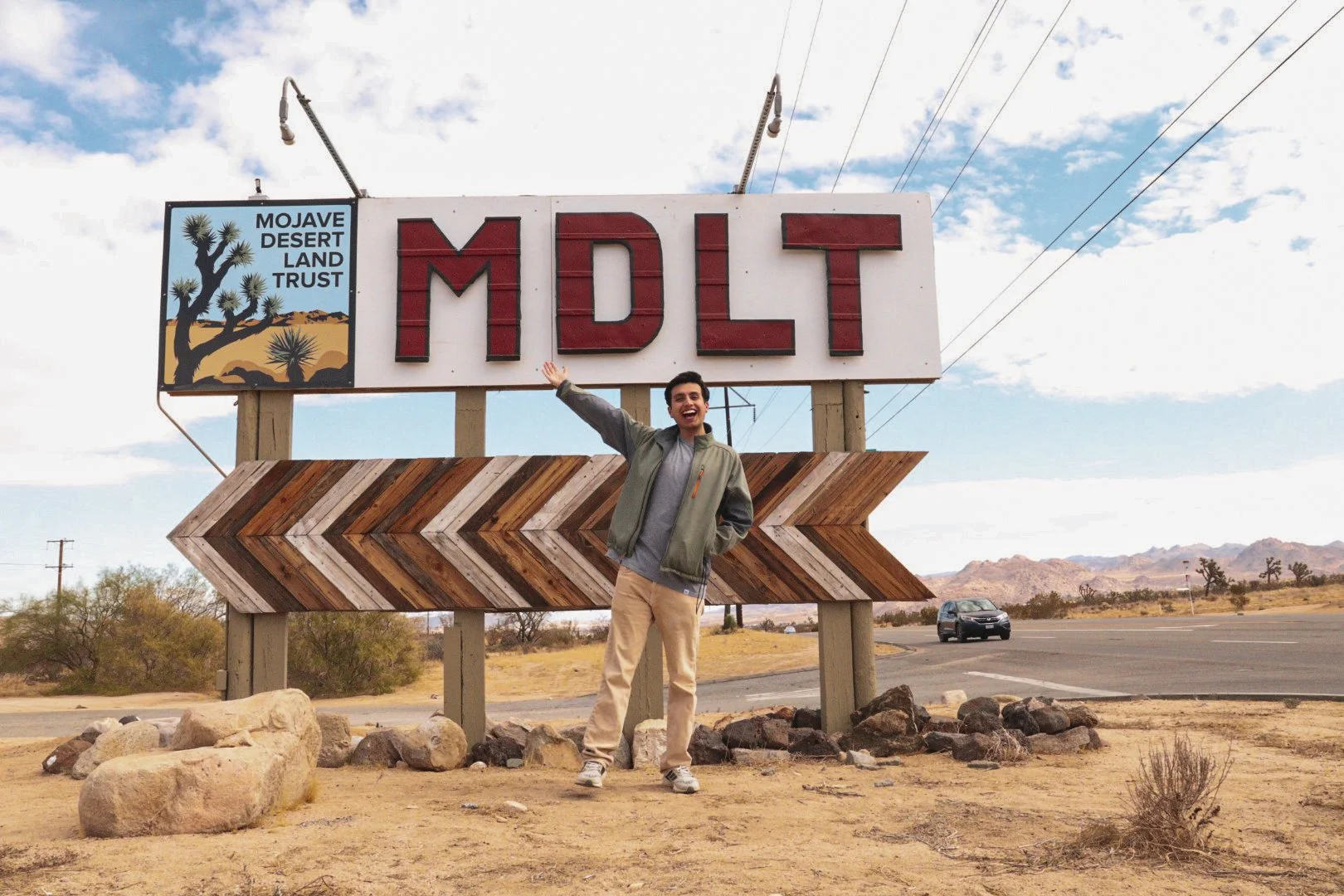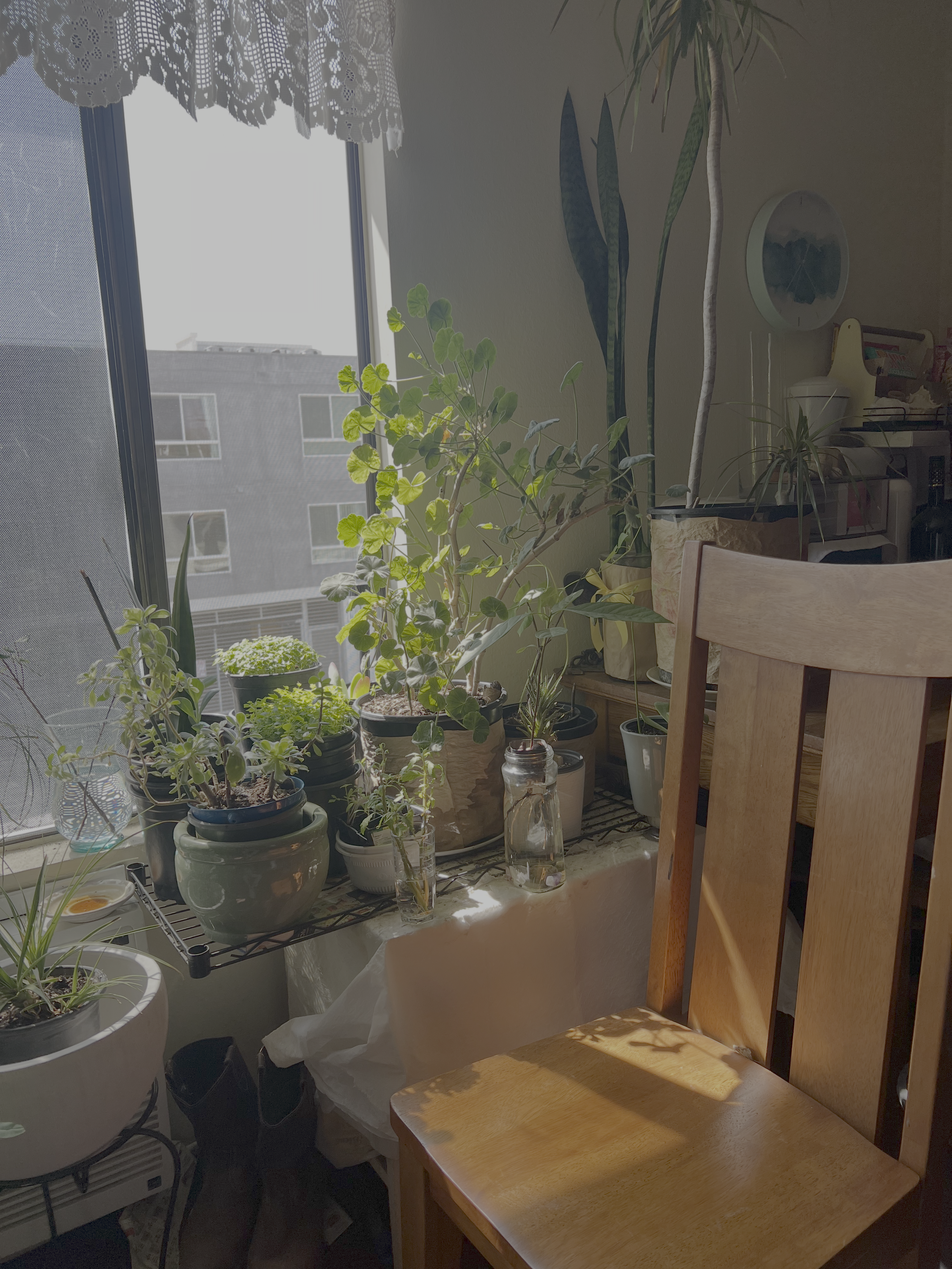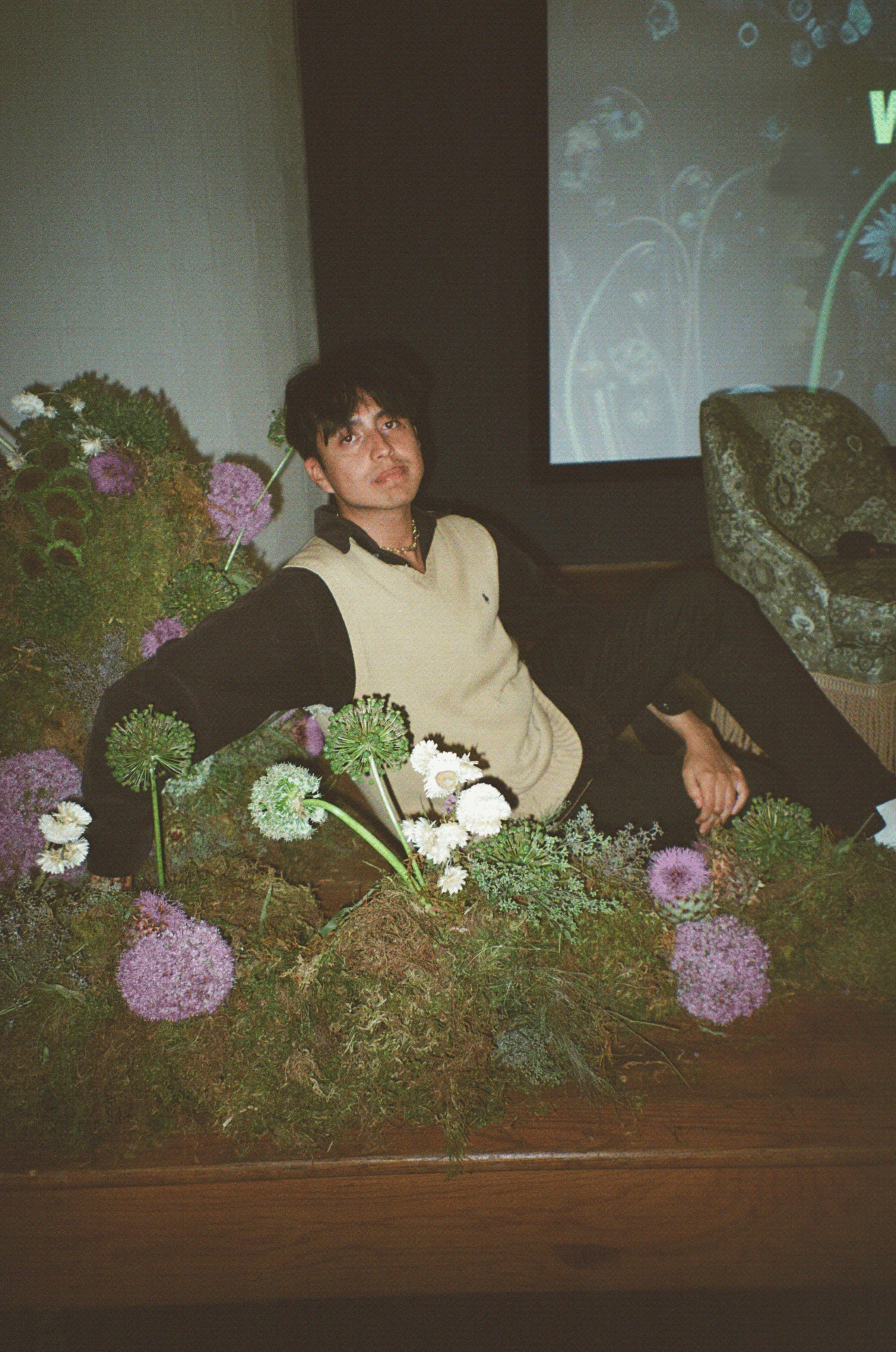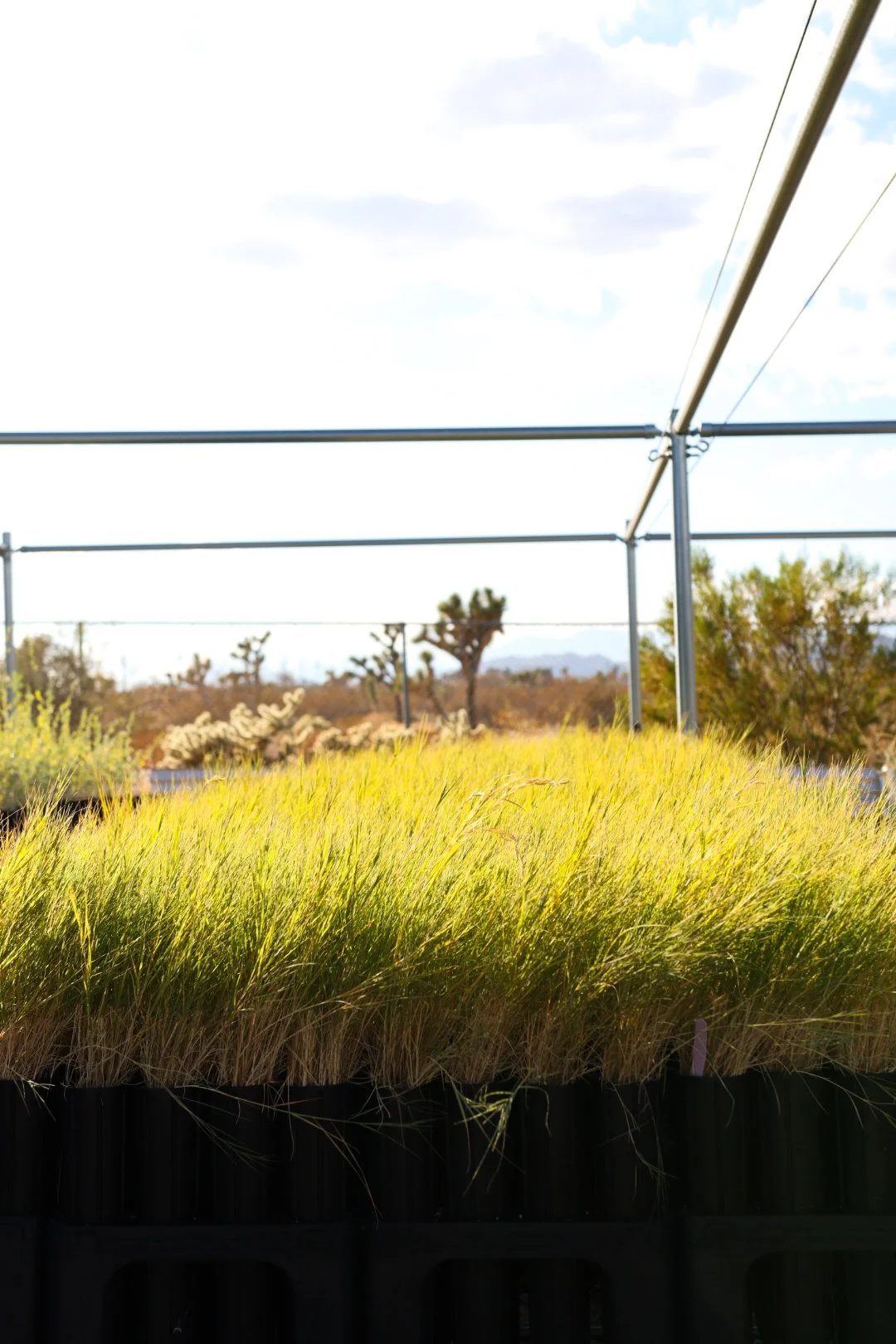Storytelling Will Save the Earth
By Safina Center Conservation Videography Fellow Isaias Hernandez
Isaias Hernandez at the Mojave Desert Land Trust, where he filmed an episode of his web series “Teaching Climate Together.” ©Erika Lizette
In a world where creativity, intelligence, and literacy are being devalued, storytelling is needed more than ever. We live in a society that often undermines the beauty of diversity, yet stories hold the power to remind us who we are and what we belong to. Climate storytelling is personal to me because it allows each of us to create our own lore. It is almost as if our relationship to the living world is grounded in the cultural experiences we grew up with, through the voices of our ancestors and the love shared with those closest to us. After all, so many of the holidays we celebrate in America come from ancient stories that shaped societies long before digital media existed.
Isaias’ parents’ home, where he grew up. ©Isaias Hernandez
My first experience with storytelling was listening to the stories of the land from my parents and hearing the voices of my grandparents over a landline phone. They would speak of their relationship with the soil, of life as farmers, and what it meant to grow up in their time. I remember closing my eyes to imagine their upbringing as they shared faded photographs from old scrapbooks. Later, as I studied environmental science and immersed myself in data and graphs about climate change, I realized that something was missing. Yes, the crisis was real, but where was the narrative? Who were the characters? How did they endure hardship? Was Mother Earth the central figure and if so, what was her backstory? And where do I—where do we—fit into that story?
Climate storytelling enables us to humanize ourselves and weave together the threads of love, ecology, and resilience. It bridges two worlds: the precision of science and data, and the intimacy of human stories. It transforms charts and numbers into living tales of place and kinship, reminding us that rising seas, burning forests, and shifting seasons are not abstractions; they are woven into our daily lives.
At its heart, climate storytelling is about holding both grief and hope simultaneously. It reminds us that climate change is not only happening to the Earth, it is happening with us, through us. It calls us to listen to ancestral teachings, to honor the land, and to imagine futures beyond extraction. It is not only a warning of crisis but also an invitation to re-enchant the world with possibilities for healing.
Isaias Hernandez ©Erika Lizette
©Isaias Hernandez
And that is why I choose not to give up telling stories, and neither should you.




